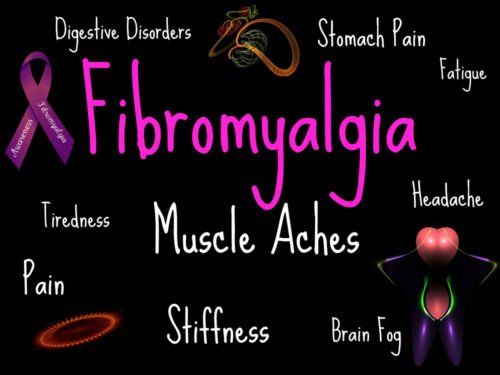Case Example
Jodie
Any case examples that I share here are completely anonymised. Names and some case details are altered, disguised or changed to protect my clients’ absolute right to privacy.
Fibromyalgia and anxiety can be connected and either one of them can impact the other-this Case example may help you, but it is always advisable to seek appropriate medical assistance.
Please note that most of my case examples are individual and I imply the methodology works for that individual. Research carried out by Carmen M Galvez-Sanchez, Stefan Duschek and Gustavo A Reyes del Paso in their article Psychological impact of fibromyalgia: current perspective, Psychol Res Behav Manag: 2019; 12: 117 -127 Published online 2019 Feb 13. Jodie was referred to me having just been diagnosed with Fibromyalgia. Her initial agitation was about low energy levels and not being able to go out as much as she normally would.
Jodie clearly understood the importance of any type of non-impact exercise with her diagnosis and she loved to swim. But she told me that her fatigue and chronic pain prevented her from even attempting to go swimming.
Her general demeanour was a woman who was sick and tired of constantly being sick and tired.
The immense fatigue that she was experiencing was affecting her diet and her lifestyle. She knew this was contributing to her increasingly poor health. She was too tired to prepare anything nutritious or too exhausted once she had prepared healthy food to actually eat it.
The answer to many of my initial questions was “I’m just too tired”.
Strategy
Treatment
Battling with the conflicting emotional stressors of those responsibilities and the physical demands caused her body to release excessive amounts of the stress hormone cortisol.
The chemical reaction in her body resulted in her doctors deciding to diagnose her condition of chronic pain and fatigue as fibromyalgia.
When this realisation of the potential vicious circle of stress, cortisol, pain and fatigue hit home to Jodie, she decided that it was okay for her to take time out.
The lockdown forced her to stop work for a little while. Along with the therapy this helped break the cycle.
The last time I checked in with Jodie I learnt that she had returned to work on a part-time basis and decided to pursue her newfound passion for swimming alongside teaching tennis.
"I don't think I would have realised that I developed Fibromyalgia because of my past learned behaviour.
Belynder said it was a protective mechanism because I didn't know how to emotionally or physically handle loss.
I started to stress. This caused an impact on my body and in turn the stress made me anxious because I felt I could not physically move.
Since realising that the cure is not resting, but changing the way I think about my pain and how to deal with it, I am finally able to better my life by exploring new lower impact sports to practise as well as teach.
I couldn’t be happier. Thank you Belynder. You have changed my life in more ways than you will ever know."
Jodie, London
Fibromyalgia and Anxiety are linked?
Not always however ... Fibromyalgia and anxiety are often connected in such a way that either one can impact the other.
Even though research shows that the cause of Fibromyalgia can be unique to each individual.
The anxiety may be interpreted as a sharp feeling of worry or unease. It is often aggravated by stressful activities and can create periods of mood swings.
Often anxiety sufferers believe that something bad is going to transpire and worrying about what this may be can dramatically worsen their symptoms.
It can become a vicious circle. But it's a circle that's very satisfying as a psychotherapist to help a client to break.
The results can be most empowering for the client.
PSTD and anxiety can trigger multiple adverse reactions including anxiety.
PTSD symptoms can feel overwhelming.
But the key thing to remember is that they do not have to control your life.
You can learn how to manage your PTSD through treatment and talk therapy.



